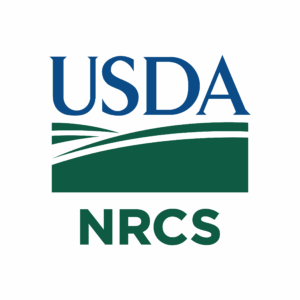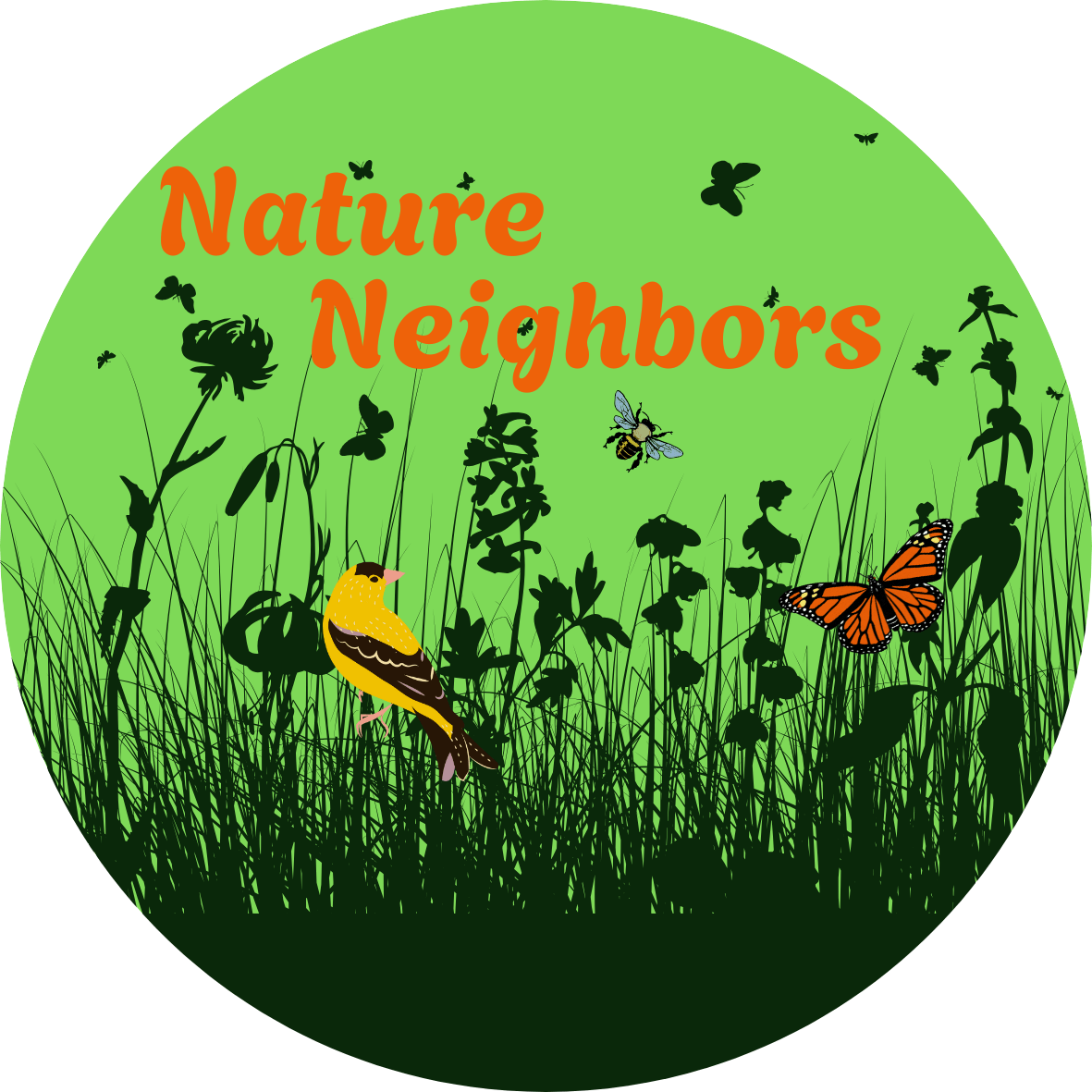
Bringing biodiversity home in East Tennessee
Nature Neighbors is a partnership between Discover Life in America and the Natural Resource Conservation Service. We aim to raise awareness of the importance of biodiversity in East Tennessee through public education and outreach initiatives focused on local species diversity to improve overall conservation efforts in East Tennessee.
We work with landowners, schools, and community groups interested in increasing their local biodiversity through pollinator plantings, rain gardens, and more.
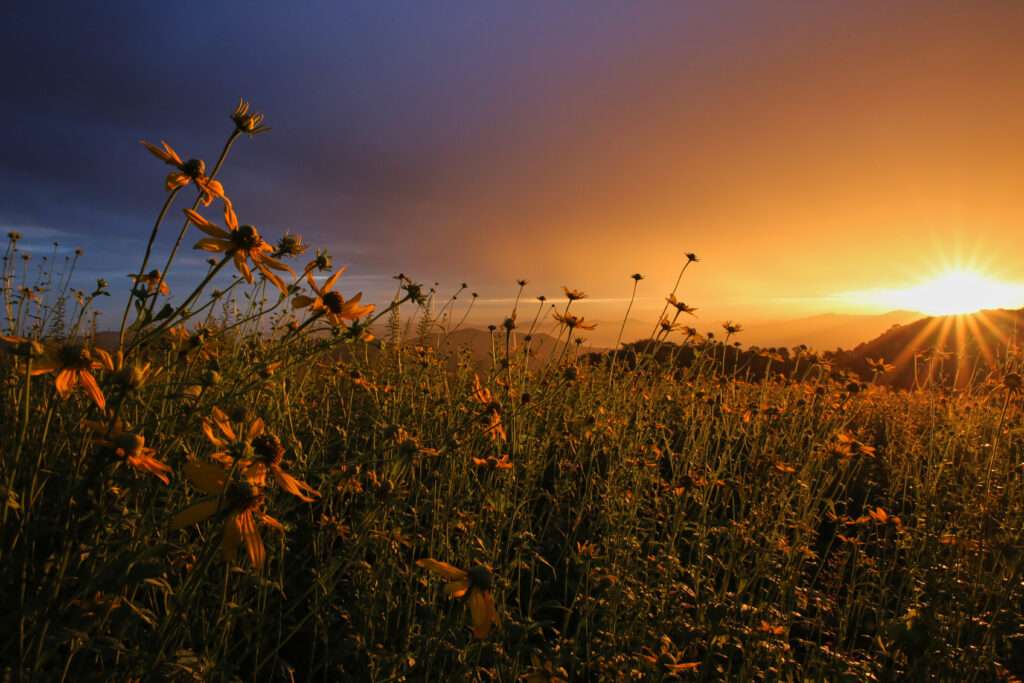
What is biodiversity?
Biodiversity is how many species, or kinds of life, can be found in a place. The Smoky Mountains and East Tennessee are very biodiverse, with over 22,000 species known just within Great Smoky Mountains National Park!
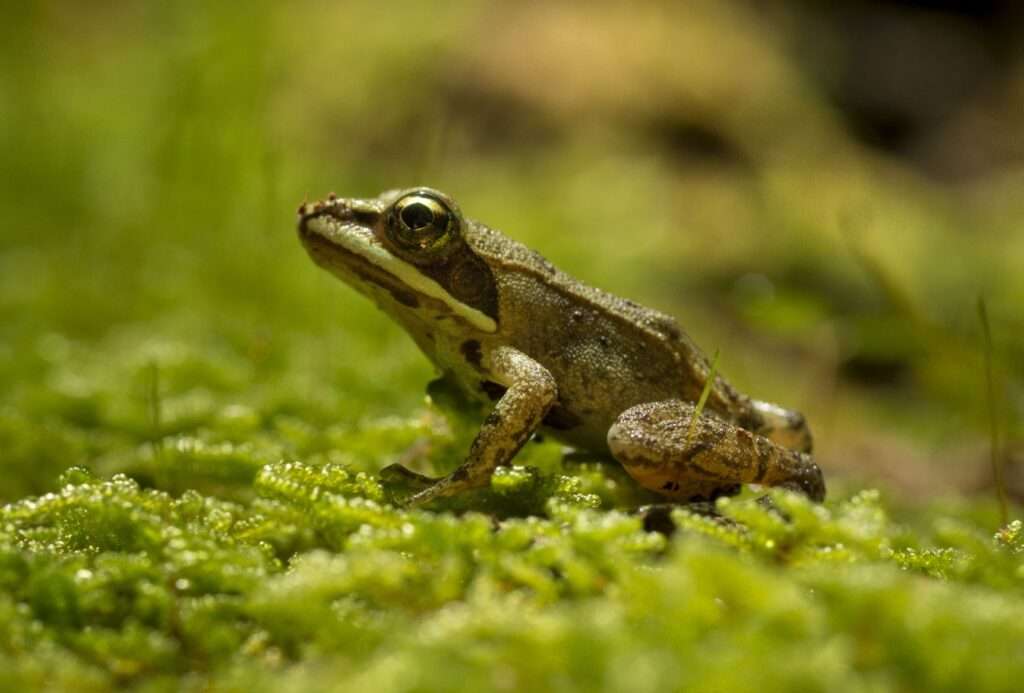
Why does it matter?
Our region supports thousands of species, from frogs and salamanders to deer and black bears. Each of them rely on other species for food and habitat. As our region develops, the areas where animals and plants used to live are being lost.
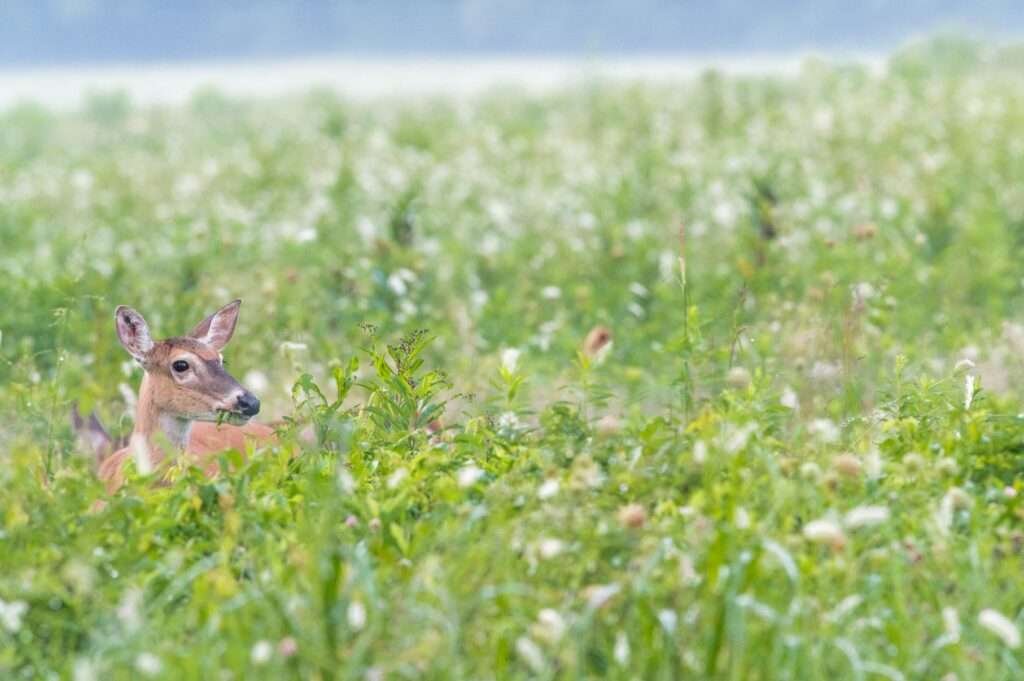
Why plant native?
Native plants have adapted to the local climate and ecosystem of a particular place. Native plants are well-connected with other species in their ecosystem and often play valuable roles.
Some provide nectar for native bees, wasps, flies, hummingbirds, and other wildlife. Some provide nuts, fruits, and berries which serve as a food source for wildlife. Some provide habitat and nesting material for birds, bees, and more.
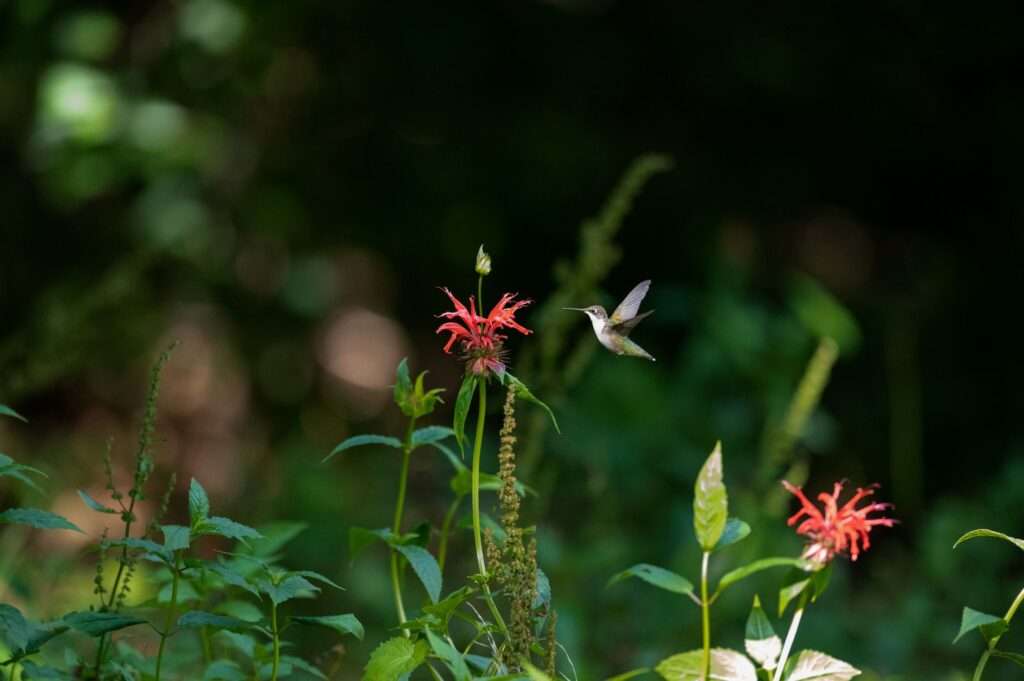
Where do I start?
One of the most impactful ways to support species is in your own yard! Planting native wildflowers, grasses, trees, and shrubs creates homes for insects, birds, and other creatures. These plantings can also help control flooding, keep your yard shady and cool, and look beautiful, too!
Get started with a few native plants that are pollinator-friendly, easy to grow, and easy to find. Try these:
Milkweed (Asclepias) – host plant for monarch butterflies!
Coneflower (Echinacea purpurea)
Aster (Symphyotrichium oblongifolium)
Black-Eyed Susan (Rudbeckia)
Coral Honeysuckle Vine (Lonicera)
Rose Verbena (Glandularia canadensis)
Goldenrod (Solidago)
Don’t forget about trees and shrubs! Native oak, hickory, maple & redbud trees and buckeye & beautyberry shrubs are great choices.
Plant recommendations from TN Valley Wild Ones.
Resources
Information:
Homegrown National Park: homegrownnationalpark.org
Natural Resource Conservation Service: nrcs.usda.gov/conservation-basics
TN Smart Yards: tnyards.utk.edu
TN Valley Wild Ones: tnvalley.wildones.org
Plants & Seeds:
Native Plant Rescue Squad – Knoxville, TN: nativeplantrescuesquad.org
Overhill Gardens – Vonore, TN: overhillgardens.com
Roundstone Native Seed – Upton, KY: roundstoneseed.com
TN Naturescapes – Oliver Springs, TN: tennesseenaturescapes.com
Contact
Julie Elfin, Biodiversity Program Specialist – julie@dlia.org
This material is based upon work supported by the U.S. Department of Agriculture, under agreement number NR244741XXXXC019. Any opinions, findings, conclusions, or recommendations expressed in this publication are those of the author(s) and do not necessarily reflect the views of the U.S. Department of Agriculture. In addition, any reference to specific brands or types of products or services does not constitute or imply an endorsement by the U.S. Department of Agriculture for those products or services. USDA is an equal opportunity provider, employer, and lender.
